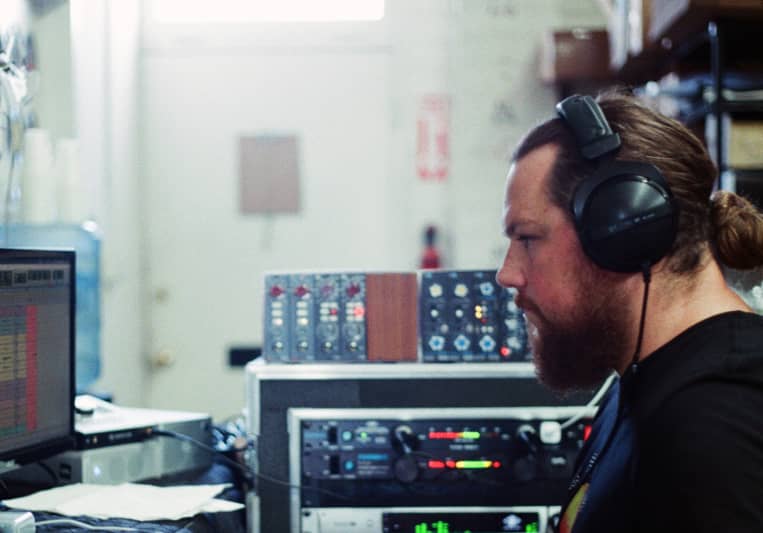
I help artists achieve their dreams through extensive listening and close collaboration.
Recording/Mixing/Mastering
www.bergatronmusic.com
Up to date credits: https://credits.muso.ai/profile/d79804ef-60c8-49a0-bf7b-7fb7dfd2623d
Tell me about your project and how I can help, through the 'Contact' button above.
Credits
Turn-around time for mixing a song is usually within a day or a day and a half. Unlimited revisions within a week of delivering the first mix.
- 388
- Lynx Aurora n
- Neve
- API
- Spectra C610s
- Empirical Labs
- Universal Audio
- BAE
- Heritage Audio
- CAPI
- Lexicon
- Telefunken
Mention Soundbetter.com and find out.



